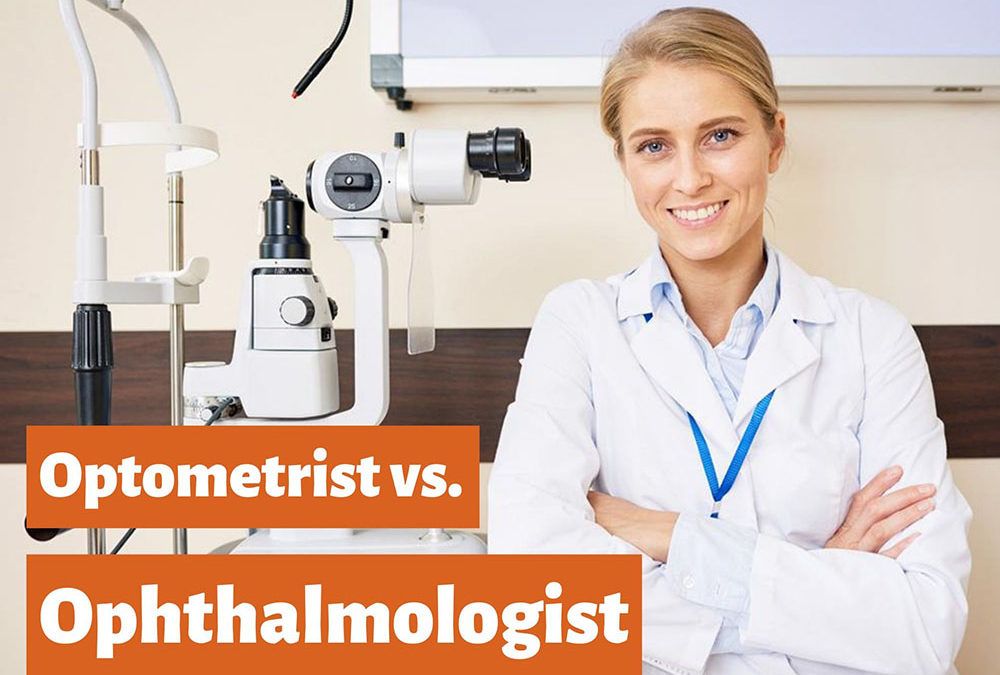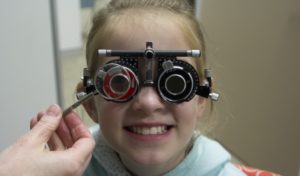6 Easy Facts About Conjunctivitis Shown
Table of ContentsWhat Does Amblyopia Do?7 Simple Techniques For Adult Cataract4 Easy Facts About Paediatric Ophthalmology ShownHow Adult Strabismus can Save You Time, Stress, and Money.
Eye doctors are clinical physicians who specialize in the medical diagnosis and treatment of eye and vision issues. These 3 types of eye treatment specialists have instead similar-sounding names as well as overlapping work descriptions.They can not provide eye examinations, write prescriptions, or detect or treat eye problems. Supply eye exams, vision testing, and also prescriptions for glasses or get in touch with lenses.

Eye doctors identify and treat injuries, infections, conditions, as well as conditions of the eye. Treatments can include medicine taken by mouth (by mouth) or topically (in the eye), surgery, cryotherapy (freeze treatment), and also chemotherapy (chemical treatment). Ophthalmologists attend clinical school after that obtain numerous years of specialty training in the medical and also surgical treatment of the eye.
Adult & Paediatric Eye Surgery Can Be Fun For Everyone
As they are the only medical specialists that can deal with all eye problems, eye doctors see a wide array of eye conditions, including: How typically should you have an eye examination? What are signs that suggest you may have an eye problem that requires to be examined by an eye physician? The American Academy of Ophthalmology suggests: As kids's eyes are growing as well as transforming quickly, they must get a vision screening.
Adults that have healthy eyes and excellent vision need to have 4 comprehensive eye exams: one in their 20s, 2 in their 30s, as well as one at age 40. These appointments may allow the eye doctor to capture an eye illness or vision modifications early on. By the time you observe signs, you might already have some vision loss (PAEDIATRIC OPHTHALMOLOGY).

Individuals who are at a greater risk of eye illness may require to obtain an eye exam a lot more usually. After age 65, your eyes ought to be examined every one to two years.
Your view depends on seeing the right eye physician at the ideal time. When it's time to "obtain your eyes checked," make certain you are seeing the appropriate eye care expert for your needs.
Conjunctivitis Fundamentals Explained

is a medical or osteopathic medical professional who focuses on eye and also vision care. Eye doctors vary from eye doctors as well as lens in their levels of training and also in what they can identify and deal with (https://blog.valutek.com/home/glove-selection-the-5-cs). As a clinical physician that has actually completed college as well as a minimum of eight years of additional clinical training, an eye doctor is accredited to practice medicine as well as surgical procedure.
Numerous eye doctors are also entailed in clinical research on the causes and also remedies for eye diseases as well as vision disorders. SUBSPECIALISTS: EXTRA EXPERTISE AS WELL AS TRAINING FOR CERTAIN EYE NEEDS While ophthalmologists are educated to look after all eye problems as well as conditions, some Eye M.D.s focus on a specific location of medical or medical eye treatment.
He or she typically completes one or two years of added, much more thorough training called a fellowship in one of the major subspecialty locations such as glaucoma, retina, cornea, pediatric medicines, neurology as well as cosmetic surgery, along with others. This included training and knowledge prepares an ophthalmologist look after more complex or details conditions in certain locations of the eye or in particular groups of patients.
An eye doctor is not a clinical physician. An optometrist gets a medical professional of optometry (OD) degree after finishing four years of optometry school, preceded by three years or even more years of university. They are licensed to practice optometry, which largely entails performing eye exams and also vision tests, recommending and also dispensing corrective lenses, detecting particular eye irregularities, as well as recommending medications for certain eye illness.
Comprehensive Ophthalmology Fundamentals Explained
They use prescriptions provided by eye doctors or optometrists, however do not test vision or create prescriptions for aesthetic improvement (https://diecast.org/community/profile/drcrlinecatt/). Lens are Check This Out not allowed to identify or treat eye illness. CONJUNCTIVITIS.
Having a relative with eye condition can make you more vulnerable to having that problem also. Sight-stealing eye illness can appear at any type of time. Very commonly they are undetectable in the beginning as well as are tough to spot. That's why it is so important to see an eye doctor for a total medical eye test by age 40, and afterwards as often as prescribed by your Eye M.D.
If you have any one of these, be sure to visit an eye doctor. A full, clinical eye examination by an Eye M.D. can be the initial step towards conserving your view. Bulging of one or both eyes; Dark drape or shroud that obstructs your vision; Decreased vision, also if momentary; Diabetes mellitus; Distorted vision; Dual vision; Excess tearing; Eyelid irregularities; Family members history of eye condition; Halos (colored circle lights); Hypertension; HIV or AIDS; Injury to the eye; Loss of peripheral (side) vision; Misaligned eyes; New floaters (black "strings" or specks in the vision) and/or flashes of light; Discomfort in the eye; Thyroid disease-related eye issues (Tomb' disease); Uncommon red eye.